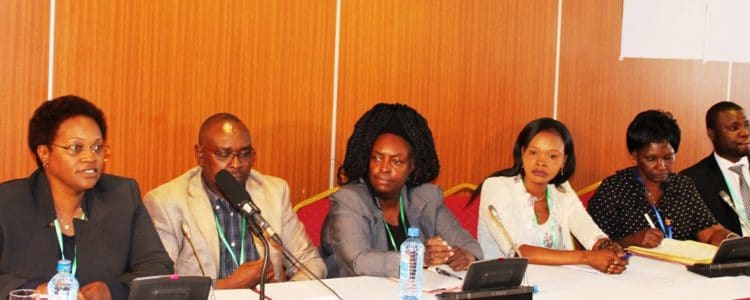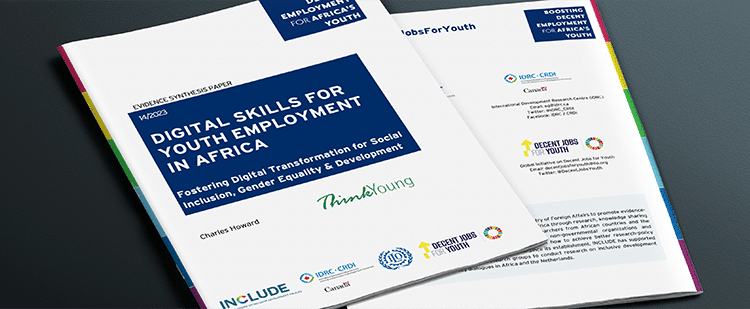
The Partnership for African Social and Governance Research (PASGR) in collaboration with the Centre for African Bio-Entrepreneurship (CABE) hosted a one-day forum on ‘Employment creation in the horticulture sector in Kenya and the role of Utafiti Sera’ in Nairobi on 19 January 2017 to encourage the use of research evidence in the formulation of employment creation policies. The Utafiti Sera (research-policy) community on employment creation in Kenya was initiated by PASGR and is supported by INCLUDE.
The forum brought together 35 policy actors, practitioners and researchers including representatives of the Ministry of Agriculture, Livestock and Fisheries, the Agriculture and Food Authority, county governments, development partners, civil society organizations, horticulture sector organizations, and institutions involved in employment creation policies and research in Kenya.
The objectives of the forum were to:
- Present the policy-relevant findings of the study commissioned by PASGR on employment creation potential and challenges in the horticulture sector to policy actors
- Provide a panel of experts with the opportunity to discuss how the findings of the study could be used to inform policy discussions on employment creation in Kenya
The forum consisted of five presentations, a roundtable discussion and a plenary session. The report explains the key messages that emerged covering the features of horticulture sub-sector, challenges for job creation and strategies to improve employment creation in the sub-sector in Kenya.




